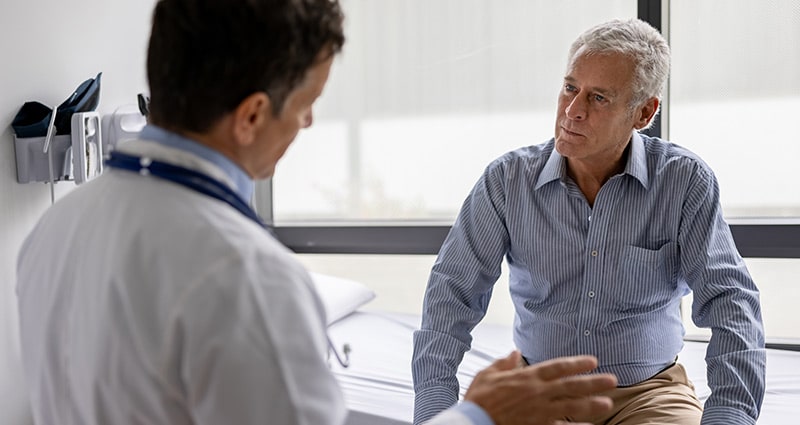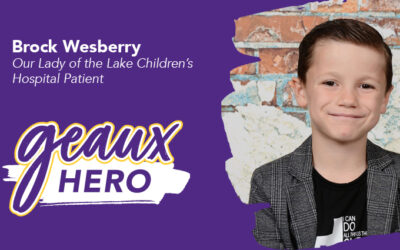Deeply listening to another person, with full attention but without judgment or agenda, is powerful. Listening is an important part of healing, and there’s power in being heard as a patient. Become your own advocate as you partner with your doctor to develop a healing relationship built on active, generous listening.
Listening as a Best Practice
Research finds that patients aren’t always given the opportunity to speak up during a visit with their doctor or even asked the reason for their visit. More than 80% of clinicians think they are strong listeners, but a separate study found it took only 11 seconds on average before physicians interrupted their patients.
Listening is the foundation of building relationships, which are important for providing healthcare you need and can count on. Providers and patients can form relationships even with short interactions when they are listening intently and intentionally to each other.
Barriers to Feeling Heard
A few common barriers that could contribute to you not feeling heard include:
- Fear of asking questions and the physician-patient power hierarchy
- Limited time to talk, with providers spending an average of seven minutes with patients
- Semantics, jargon or doctor-speak
- Feeling ill, injured, or medicated makes it difficult to fully process information or communicate feelings and needs
The Power of Stories
Modern medicine provides everyday miracles, but the potential to heal can sometimes hinge on the traditional, old-school skill of communicating and truly being heard. When your provider hears your story, they learn not only what’s the matter with you but also what matters to you.
We know that great healing is available when we listen. Listening moves us closer, helping us to become more whole and healthier. Listening is not easy to do well, but it’s worth it.




